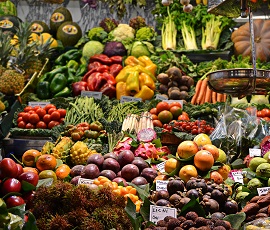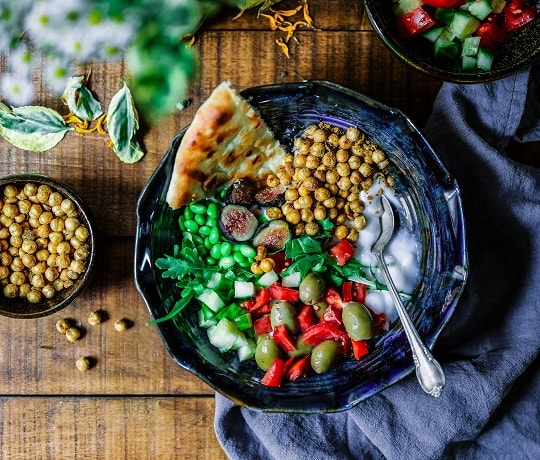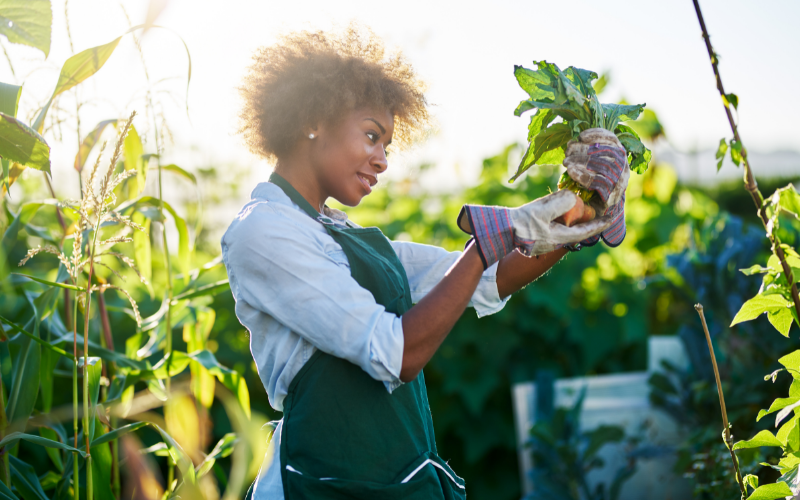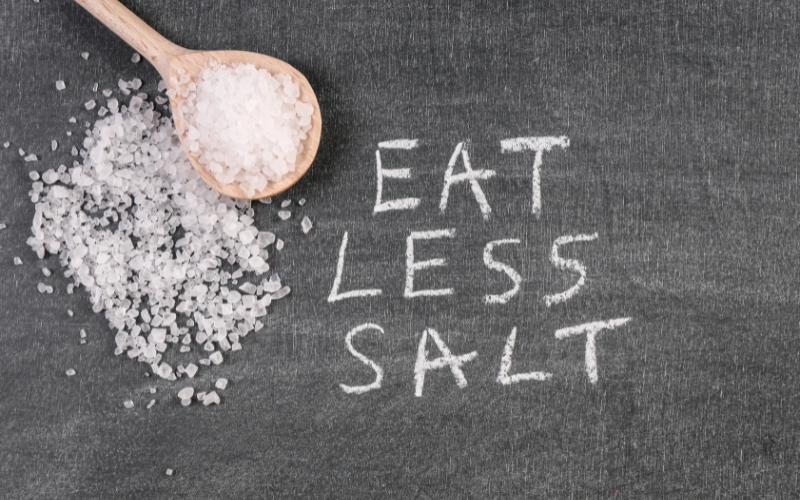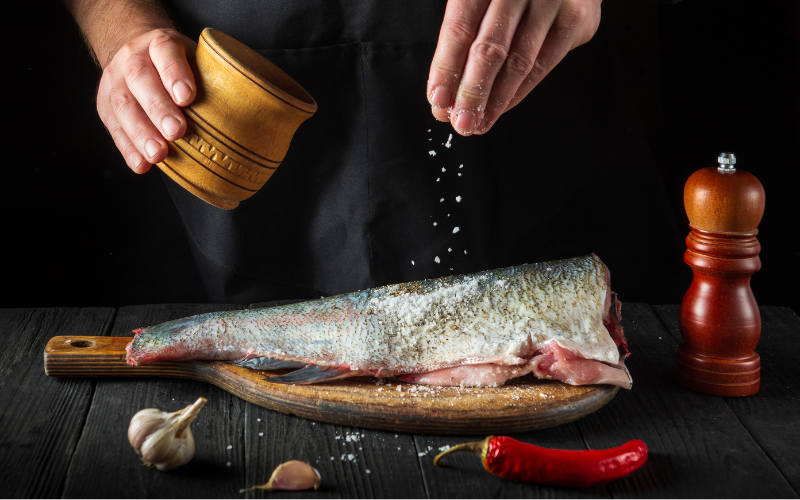Zoe Bingley-Pullin: Food trends 2021. What could you be eating this year?
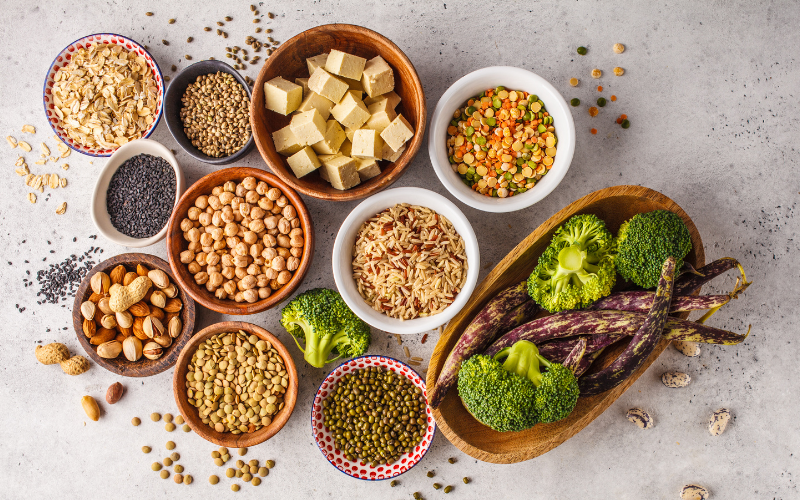
I love eating variety and appreciate how good food diversity is for gut health and overall wellness. It’s because of this that I’m always fascinated to hear about new ingredients. New foods inspire me to get creative in the kitchen, sampling new taste combinations and inventing new recipes.
Every year a bunch of foodie people, researchers and industry experts start putting out lists of new trendy foods or new ways of eating existing foods. I've consolidated that info into my top 9 food trends for 2021. Do you want to know what weird and wonderful food trends you could be following this year?
A word of caution though. Don't get too fixated on new food trends as they're just that…trends, that come and go. There's no need to overhaul your pantry or adopt new eating habits every January! Often new ingredients can be hard to find or are initially very expensive. Two good reasons for not going all in on a new trend. There's often many nutritious alternatives that already exist. Enough said, here are 9 key eating trends you could be seeing and sampling in 2021!
1. Less is more with meat
This food trend is one that's already on a roll and is set to continue. It's predicted that more people will embrace plant-based diets in 2021, whether for reasons of personal, animal or planet health. Experts say this is likely to be in the form of Reducetarianism rather than vegetarianism, which is about reducing meat consumption instead of forgoing it altogether. We've already seen plant-based burgers, beef alternatives and chicken-not-chicken varieties too. The latest addition to the trend is plant-based seafood - what do you say to faux prawns, artificial crab cakes and even imitation sushi? While eating more plants is definitely a good thing for our health, just beware that not many plant-based meats are healthy alternatives to the real thing.
2. Great garbanzos
Chickpeas, also known as garbanzo beans, are tagged as an ingredient to keep our eyes on. That's because this versatile ingredient can be turned into flatbreads and pizza crusts made from the flour, with the next step likely to be vegan biscuits and other baked goods. Aquafaba is the name given to the soaking water for chickpeas and far from being tipped down the sink, it's now being put to good use in dairy-free ice creams and other desserts as consumers hanker for more plant-based options.
3. Carob makes a comeback
If you're around my age, then you'll remember carob from your childhood as being the key ingredient in alternative, unpleasant-tasting chocolate! Carob is set for a comeback and thankfully, improved taste can be expected of this food trend. The renewed interest in carob is due to its remarkable nutrient profile, namely its high hydroxyproline content, a compound usually only found in animal products. While it sounds like something you might fill up your petrol tank with, HYP is actually an all-natural amino acid used in the formation of collagen. Touted as somewhat of an anti-ageing elixir (I'm not sure I'd go that far), HYP is certainly considered important for skin, bone and muscle health. This year you may see carob included in beverages, baked goods, health bars and even in coffee. Carob also boasts being free of caffeine and gluten, low in carbs, high in fibre and protein as well as key minerals. It is an easy-to-grow, sustainable crop so it has a lot going for it.
4. Copaiba instead of CBD?
Here's one you may not have heard of - copaiba oil, which is derived from the resin of the tree by the same name. It's believed to deliver many similar therapeutic benefits to CBD cannabis oil, yet it's completely legal and without any of the adverse media attention. With a sweet and woody aroma, it's foreseen that copaiba oil will be added to a range of health foods this year.
5. Olive oil domination
New research about some of the constituents of olive oil has got the science and nutrition community excited all over again about this healthy oil. The spotlight has been on elenolide and tyrosol, compounds in olive oil that have now been shown to elicit protection from heart and brain diseases, respectively. Despite popularity of coconut oil and full-fat butter, it's predicted that in 2021 olive oil will firmly take back its position as the number one healthy fat of choice. You're even likely to see new spin-off products, such as infused olive oils or snacks that use olive oil as the marketing call out. Look for the words 'extra virgin olive oil' on the label, which is ideal for cooking, salad dressings and sauces. It's naturally pure and healthy, which can't be said for many processed olive oil blends.
6. Allulose as an alternative sweetener
The demise of sugar continues. With mounting pressure from consumers to reduce sugar content, big companies like Nestle are already tapping into allulose as a healthier substitute. Allulose is a rare sugar with the same chemical formula as fructose. Because it isn't metabolised by the body, it does not raise blood sugar or insulin levels and provides minimal calories. Allulose naturally occurs in wheat, raisins and figs. Research is still underway but it appears to be a safe as a food additive.
7. Other novel ingredients on the rise
As for other new (or not-so-new but utilised in new ways) ingredients expected to rise in popularity, watch out for natto, manuka honey, maca, primrose oil, lingonberries, mushrooms, cumin seeds, yerba mate and acerola. You may start to see these healthful foods added to all sorts of new products in 2021.
8. Buying clean
This food trend is nothing new but again, it will gain momentum in 2021 as we see more focus on natural, GMO-free food without artificial ingredients. This is driven by demand from consumers who are more committed than ever to buying foods that are clean, local, antibiotic-free with less packaging waste. Thankfully, when I want ready to go meals, I can just turn to Dietlicious to provide all natural, additive and preservative free meals in eco-friendly containers.
9. Cooking & growing at home
Thanks to COVID-19, home-making and home-baking are experiencing a renaissance. Also gaining in importance is domestic agriculture for both nutritive and financial reasons. The backyard garden is producing a little more than just herbs these days; it's often seen as a real source of supplementation to the weekly food shop.


